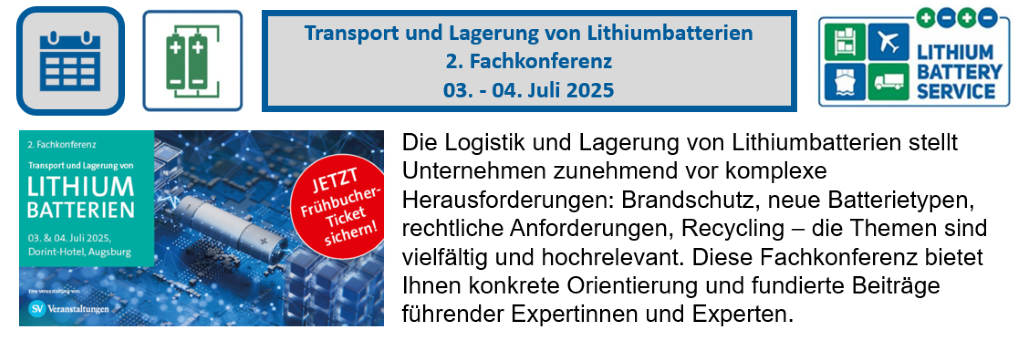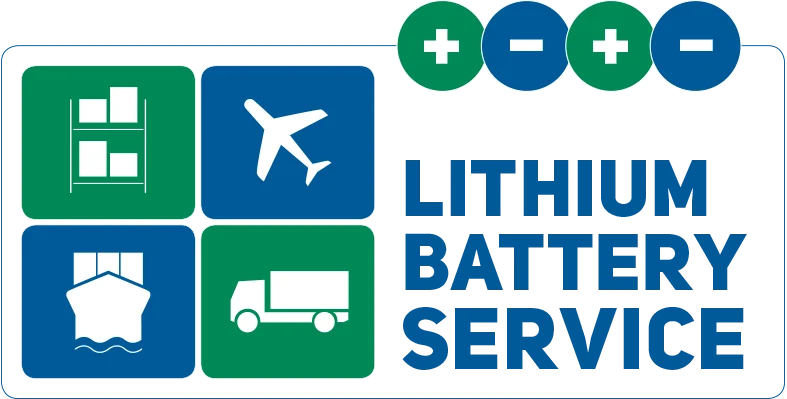Backage tracker for passenger baggage in air transport
Through an article by Christian Hensen in Stern Online published on 11. October 2022 we were made aware of a problem with Bluetooth trackers
It´s about small trinkets on passenger backage like e.g. the Apple Air Tags which allow locating your baggage via
Bluetooth.
The question that was posed is: Are those trackers allowed in passenger baggage or not? And the answer at this
moment in time is clear: NO.
The reason is:
In subsection 2.3 of the IATA Dangerous Goods Regulations for equipment containing small lithium cells or batteries
there is the following:
Source:
2.3.5.8 Portable Electronic Devices (PED) (Including Medical Devices) Containing Batteries and Spare Batteries
Under 2.3.5.8.1 at the very end it reads:
If devices are carried in checked baggage:
(a)…
(b) the device must be completely switched off (not in sleep or hibernation mode).
For equipment containing „large“ lithium cells or batteries there is the following
Source:
2.3.4.6 Lithium Battery-Powered Electronic Devices
(c) if devices are carried in checked baggage:
1. measures must be taken to protect the device from damage and to prevent unintentional activation;
2. the device must be completely switched off (not in sleep or hibernation mode).
We asked Dave Brennan from IATA regarding this. Here his answer:
“From a purely technical perspective any PED that is not completely turned off is forbidden in passenger checked
baggage. From a practical, safety perspective having a small device such as an AirTag powered by a button cell that
only has low power Bluetooth functionality that remains “on” in checked baggage poses almost zero safety or other
risk.
We are working with the FAA to develop a working paper for the ICAO DGP-WG meeting in Montreal in November
proposing that small baggage tracking devices, such as AirTags, be permitted in passenger baggage even when not
turned off.”
Until the decision of the ICAO DGP-WG and its implementation into the regulations the only way is to refrain from
carrying such trackers in passenger baggage.
More blog posts
Latest newsblog posts

Unterschiedliche Formulierungen in Regelwerken
September 30, 2025
Newsletter
Der Produktionsprozess für Lithium-Zellen und -Batterien muss, wenn diese transportiert werden sollen, einem Qualitätsmanagementprogramm (QM-Programm) unterliegen.

Weiterbildungstermine Oktober 2025
September 30, 2025
Dates
Diese Termine zur Weiterbildung können wir Ihnen anbieten:

Einstufung von Lithium-Altbatterien künftig als gefährlicher Abfall
September 29, 2025
Newsletter
Für Abfallerzeuger, -besitzer, Sammler und Beförderer ist dies von hoher Bedeutung:

38.3-Prüfberichte und die zutreffende Ausgabe des Handbuchs über Prüfungen und Kriterien
September 29, 2025
Newsletter
Immer wieder taucht die Frage auf, auf welche Ausgabe des Handbuchs über Prüfungen und Kriterien zu referenzieren sei.

Batteriepass und Batterieverordnung
September 25, 2025
Knowledge
Sie haben keine Ahnung, was es damit auf sich hat?

SV 188 (f) „Knopfzellen-Batterien“
September 25, 2025
Newsletter
Der Begriff „Knopfzellen-Batterie“, der z.B. in der SV 188 (f) auftaucht, führte bei uns im Team zu der Diskussion, ob dies auch für Batterien, die aus Knopfzellen bestehen, gelten würde.

Solid-State Battery Summit + Sodium-Ion Battery Conference
May 26, 2025
Dates
This year, the Solid-State Battery Summit will take place on August 12th and 13th in Chicago, IL, USA, as well as virtually. The Sodium-Ion Battery Conference will take place at the same time.

European seminar on the development of high-voltage batteries
May 23, 2025
Dates
The hands-on seminar focuses on the technology, design, prototype manufacturing and validation methodology of rechargeable EV batteries.

Lithiumbatterien im Seeverkehr
May 23, 2025
Dates
Die Fachkonferenz „Lithiumbatterien im Seeverkehr“ bringt am 26. Juni 2025 erneut Experten und Entscheider aus Reedereien, Versicherungen, Seespeditionen, Hafenfeuerwehren, Behörden und Umschlagsbetrieben zusammen.

Transport und Lagerung von Lithiumbatterien 2. Fachkonferenz 03. - 04. Juli 2025
May 23, 2025
Dates
Diese Fachkonferenz bietet Ihnen konkrete Orientierung und fundierte Beiträge führender Expertinnen und Experten.


